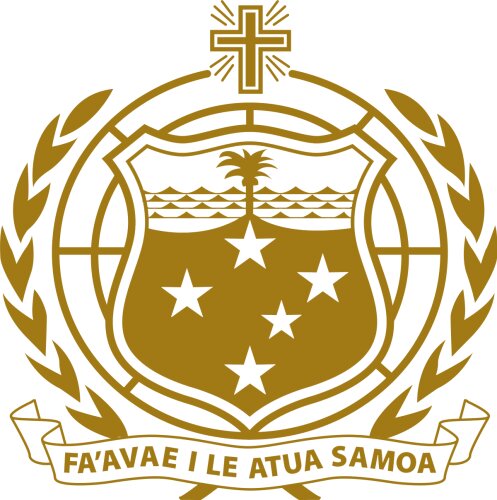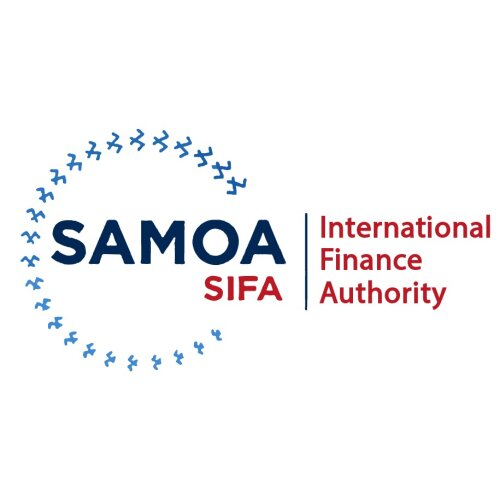Best Government Relations & Lobbying Lawyers in Samoa
Share your needs with us, get contacted by law firms.
Free. Takes 2 min.
Or refine your search by selecting a city:
List of the best lawyers in Samoa
About Government Relations & Lobbying Law in Samoa
Government Relations and Lobbying in Samoa involve the strategic process of working with governmental bodies to influence decision-making. This can include advocating for legislation, regulatory policies, or specific government actions. While lobbying is a common practice globally, in Samoa, it is governed by unique laws and cultural norms that acknowledge the traditional Samoan system of governance, which involves a significant role for village councils and community leaders.
Why You May Need a Lawyer
Engaging in Government Relations and Lobbying can be complex, and there are several situations where legal assistance may be required:
- Legislative Navigation: Understanding and interpreting the various laws and regulations relevant to lobbying and government relations.
- Ethical Compliance: Ensuring all lobbying activities comply with legal and ethical standards to avoid conflicts of interest or breaches of conduct.
- Strategic Advocacy: Crafting effective advocacy strategies and campaigns that align with Samoan legal frameworks and cultural customs.
- Dispute Resolution: Resolving any disputes that arise in interactions with government bodies or other stakeholders.
- Documentation: Advising on necessary permits, contracts, and agreements required for legal compliance in lobbying activities.
Local Laws Overview
The key aspects of local laws relevant to Government Relations & Lobbying in Samoa include:
- Transparency and Accountability Act: This law emphasizes the importance of transparent practices in government relations, including declaring any potential conflicts of interest.
- Public Service Act: Regulates the conduct of public officials and their interactions with lobbyists, outlining acceptable engagement protocols.
- Customary Law Recognition: In Samoa, customary laws influence governance, meaning any lobbying efforts need to respect and acknowledge these traditions and their representatives.
- Foreign Relations: Interaction with international entities requires understanding both Samoan law and applicable international regulations.
- Data Privacy Regulations: Handling personal or sensitive information in lobbying activities must comply with data protection laws.
Frequently Asked Questions
1. What is lobbying in the context of Samoan law?
Lobbying in Samoa involves attempts to influence government decision-making, including legislative and regulatory processes, while respecting traditional Samoan governance structures.
2. Are there any registration requirements for lobbyists in Samoa?
As of now, Samoa does not have a formal lobbyist registration requirement, but transparency and ethical standards must still be upheld.
3. What ethical guidelines should be followed in lobbying efforts?
Lobbyists must adhere to principles of honesty, transparency, and respect for both Samoan laws and cultural practices, avoiding any conflict of interest.
4. Can foreign entities lobby in Samoa?
Yes, foreign entities can lobby in Samoa, but they must comply with both the local and international laws and consider the cultural context of their advocacy.
5. How does the traditional governance system affect lobbying?
The traditional governance system in Samoa, involving village councils, plays a significant role in decision-making processes, and lobbyists need to engage with these leaders appropriately.
6. What are the consequences of illegal lobbying practices?
Engaging in illegal lobbying can result in penalties, including fines and reputational damage, and potentially affect future interactions with government entities.
7. Are there specific industries subject to more regulations in lobbying?
Industries such as telecommunications, natural resources, and foreign trade are often subject to more scrutiny and regulations in lobbying efforts.
8. How can a lawyer assist in creating an effective lobbying strategy?
A lawyer can help by analyzing legal frameworks, advising on compliance, and guiding strategic communications to align with Samoan laws and customs.
9. Is there a distinction between advocacy and lobbying?
While advocacy and lobbying overlap, lobbying specifically involves direct interaction with government officials to influence decisions, whereas advocacy includes broader efforts to promote a cause.
10. How does one ensure compliance with local lobbying laws?
Engaging a lawyer with expertise in Samoan governmental processes can ensure all activities are compliant and ethically sound, minimizing legal risks.
Additional Resources
For more information and assistance regarding Government Relations & Lobbying, consider reaching out to the following resources:
- Samoa Law Society: Provides legal resources and can recommend reputable legal professionals.
- The Office of the Attorney General: Offers guidance on legal frameworks relevant to governmental interactions.
- Local Chambers of Commerce: Can offer insights into navigating the business side of government relations.
- Cultural Liaison Offices: Assist in understanding the intersection of traditional and formal legal processes.
Next Steps
If you find yourself in need of legal assistance for Government Relations & Lobbying in Samoa, consider the following steps:
- Identify your specific legal or strategic needs related to lobbying and government relations.
- Contact a lawyer specializing in Government Relations & Lobbying in Samoa to discuss your case.
- Prepare any relevant documents or information you possess related to your issue.
- Schedule a consultation to understand your legal standing and develop a compliant lobbying action plan.
- Stay informed about any updates or changes in local laws affecting lobbying activities.
Lawzana helps you find the best lawyers and law firms in Samoa through a curated and pre-screened list of qualified legal professionals. Our platform offers rankings and detailed profiles of attorneys and law firms, allowing you to compare based on practice areas, including Government Relations & Lobbying, experience, and client feedback.
Each profile includes a description of the firm's areas of practice, client reviews, team members and partners, year of establishment, spoken languages, office locations, contact information, social media presence, and any published articles or resources. Most firms on our platform speak English and are experienced in both local and international legal matters.
Get a quote from top-rated law firms in Samoa — quickly, securely, and without unnecessary hassle.
Disclaimer:
The information provided on this page is for general informational purposes only and does not constitute legal advice. While we strive to ensure the accuracy and relevance of the content, legal information may change over time, and interpretations of the law can vary. You should always consult with a qualified legal professional for advice specific to your situation.
We disclaim all liability for actions taken or not taken based on the content of this page. If you believe any information is incorrect or outdated, please contact us, and we will review and update it where appropriate.
Browse government relations & lobbying law firms by city in Samoa
Refine your search by selecting a city.












